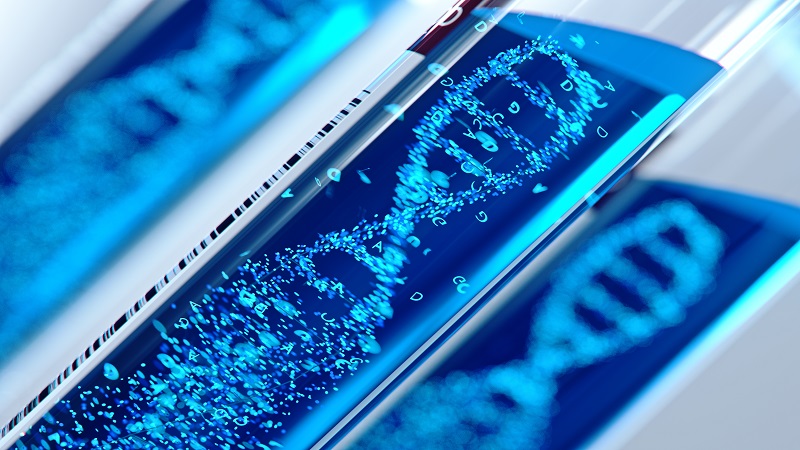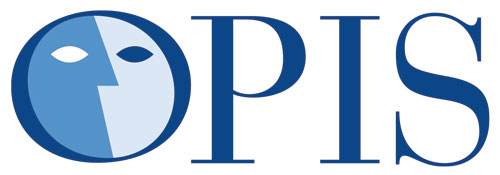Targeted and Immune-Based Therapies

Targeted and immune-based therapies have already transformed the standard-of-care for several malignancies.
One review article published on Clinical Cancer Research in 2016 highlights how immunotherapy strategies against cancer are emerging as powerful weapons for treatment of this disease, as result of many years of intense research into complex and interrelated cellular and molecular mechanisms controlling immune responses. Promising advances come from the discovery of cancer mutation-encoded neoantigens, improvements in vaccine development, progress in delivery of cellular therapies, and impressive achievements in biotechnology. As reported on a recent review published on Nature Reviews Cancer in 2017, over the past 25 years, research in cancer therapeutics has largely focused on two distinct lines of enquiry. In one approach, efforts to understand the underlying cell-autonomous, genetic drivers of tumorigenesis have led to the development of clinically important targeted agents that result in profound, but often not durable, tumour responses in genetically defined patient populations. In the second parallel approach, exploration of the mechanisms of protective tumour immunity has provided several therapeutic strategies – most notably the ‘immune checkpoint’ antibodies that reverse the negative regulators of T cell function – that accomplish durable clinical responses in subsets of patients with various tumour types.
As a consequence, nowadays a radical transformation of cancer treatment is taking place in which conventional cancer treatments are being integrated with immunotherapeutic agents and targeted therapies. In particular, the integration of these potentially complementary research fields provides new opportunities to improve cancer treatments. Immune Oncology products (IOs), and more specifically, PD-1/PD-L1 inhibitors, have demonstrated long and durable tumor responses like targeted therapies, but, unlike targeted therapies, have shown efficacy in a wide variety of indications.
Furthermore, unlike traditional chemotherapies, they are not associated with side effects such as fatigue, neutropenia, or alopecia, and thus patients can still enjoy a relatively good quality of life on treatment.
IOs have demonstrated comparable efficacy and safety profiles with each other, and thus the commercial success of these products will be due to being first-to-market, clinical and commercial positioning, target patient populations, and the marketing power of the relevant pharmaceutical company.
Immuno-oncology (IO) refers to the development of therapies that utilize the human body’s immune responses, both adaptive and innate, to target cancer. Most of the mechanisms involved in human immune responses revolve around priming and boosting the immune system via stimulation of antigen-presenting cells, T-cells, or innate cells, reducing immunosuppression in the tumor environment by regulating inhibitory pathways, and enhancing adaptive or innate immunity.
Immunotherapies differ from passive strategies that include administration of immune system components, which results in temporary anti-tumoral effects
Globally, there are 1,054 IO agents in clinical development, filed, or marketed, in the five Mechanism of Action groups:
- bispecific antibody
- cancer vaccine
- cell therapy
- ceckpoint modulator
- oncolytic virus
The following categories of IO agents
- bispecific T-cell engagers (mostly for Blood cancers)
- cellular immunotherapies
- cytotoxic cellular immunotherapies
- adoptive cellular therapies
- immune checkpoint modulators
- monoclonal antibodies
- small molecules
- cancer vaccines
- oncolytic viruses
Although most late-stage development lies in checkpoint modulators’ currently approved indications, such as lung, skin, gastrointestinal, and genitourinary cancers, there is notable early-stage activity in blood cancers, reflecting the current limited indications of checkpoint inhibitors in this setting, and commercially attractive potential for future development.
However, additional insights into the effects of targeted therapies, along with conventional chemotherapy and radiation therapy, on the induction of antitumour immunity will help to advance the design of combination strategies that increase the rate of complete and durable clinical response in patients.
Comments are closed.




